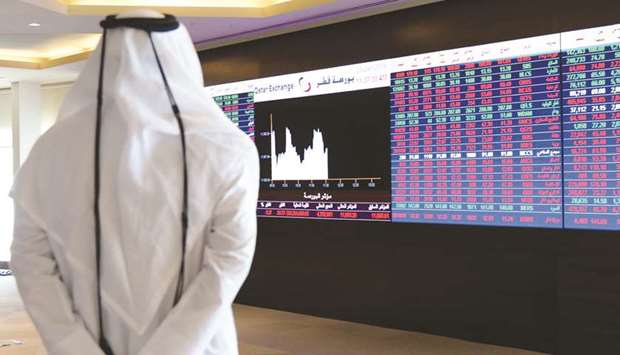Foreign stock investors have made clear which side of the Saudi Arabia-versus-Qatar conundrum they favour in 2018.
Overseas institutional investors were net buyers of about $2.3bn of shares traded on the Qatar Stock Exchange this year, more than triple the foreign flows into Riyadh, according to stock-exchange data compiled by Bloomberg.
Inflows have picked up in Qatar this year after several large-cap companies announced they were easing limits on foreign ownership, prompting an adjustment of their weighting in benchmarks used by emerging-market fund managers.
In Saudi Arabia, overseas investors were net buyers of as much as $3bn at a peak in June, but that figure fell to around $700mn after a sell-off following the murder of newspaper columnist Jamal Khashoggi at the Saudi consulate in Istanbul in October.
Qatar has been under Saudi-led blockade since mid-2017.
Earlier this week, Qatar announced it will withdraw from the Organisation of Petroleum Exporting Countries, just as Saudi Arabia outlined plans for Russia to increase crude-market co-operation with the group. While flows into Saudi stocks could pick up next year as the country joins emerging-market gauges compiled by FTSE Russell and MSCI Inc, which already include Qatar, geopolitics should continue to weigh on sentiment more for Riyadh trading than for Doha, according to Naeem Aslam, the chief market analyst at Think Markets UK in London.
“Investors see that Qatar is still a stable area for investment,” Aslam said. “Going into 2019, the trend could very well continue because Saudi Arabia has itself been involved in a number of conflicts around its border and this doesn’t represent stability at all.”

Overseas institutional investors were net buyers of about $2.3bn of shares traded on Doha’s bourse this year, more than triple the foreign flows into Riyadh, according to stock-exchange data compiled by Bloomberg. PICTURE: Noushad Thekkayil


